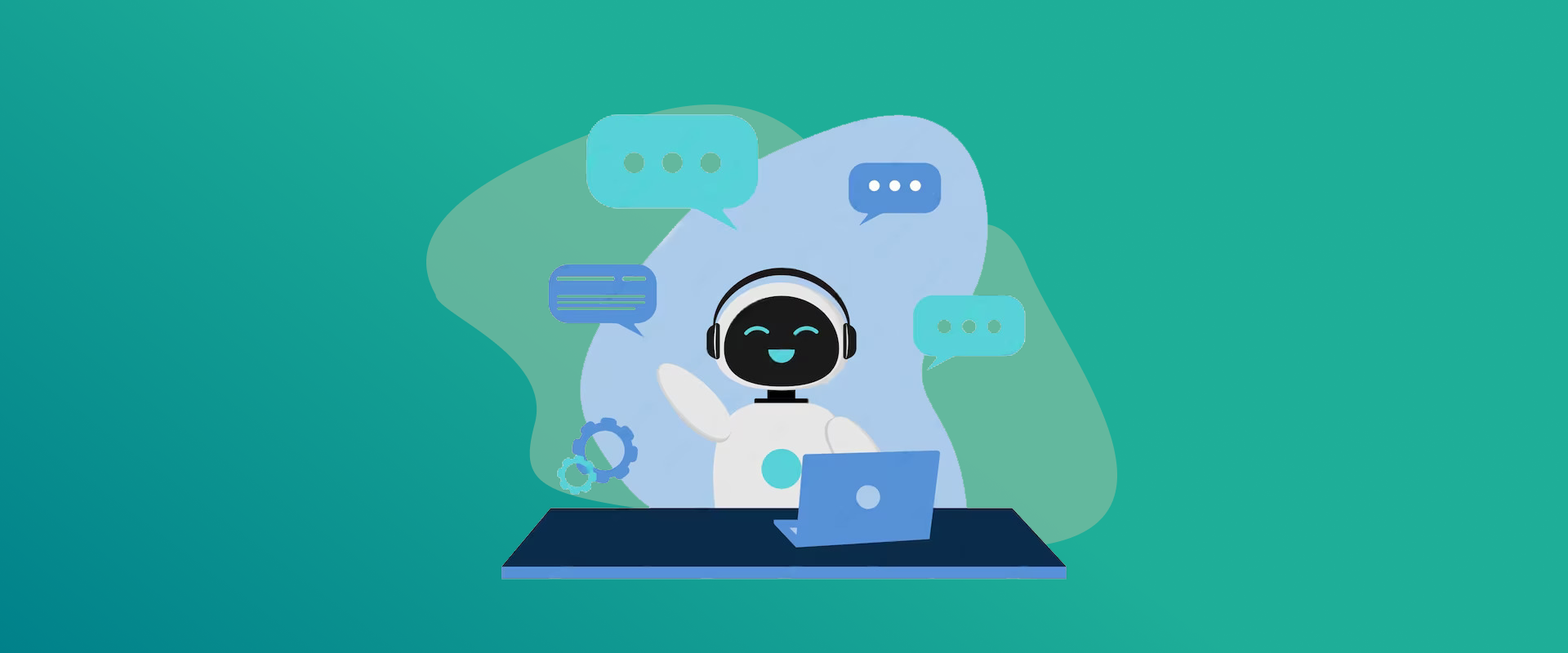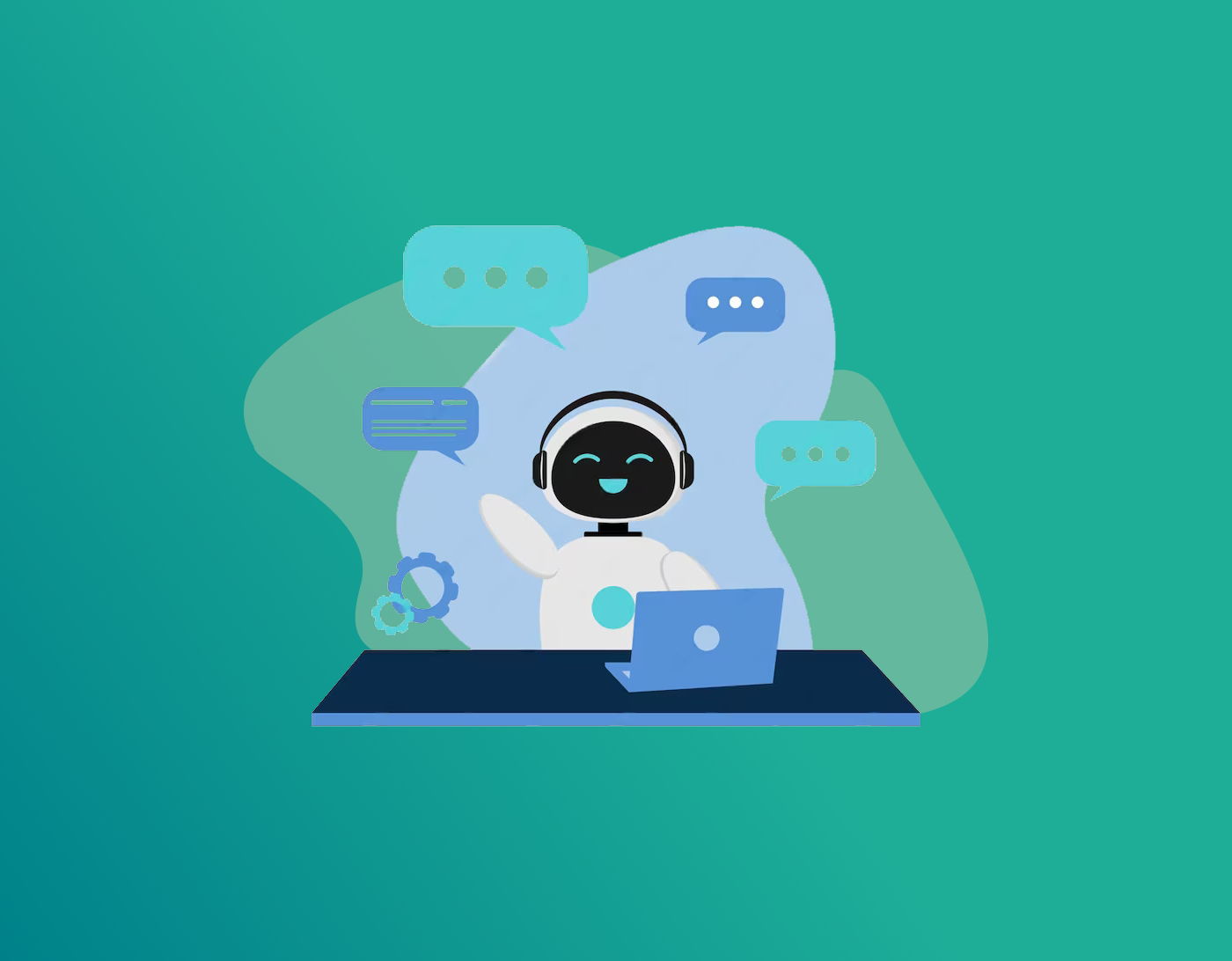
From generating essays for school homework to LinkedIn posts in order to keep your profile optimized, from developers saving time in coding by giving accurate prompts to these chatbots, everything seems to be transitioning towards them to make everyday tasks easier for everyone.
However, with things becoming so easy, when all you need to do to get your desired result from ChatGPT, people don’t realize that they are training and strengthening the model rather than just getting help.
So, the question is: Should you trust chatbots to create unique passwords for you? Moreover, should you use ChatGPT to create your passwords for you? This blog will cover the key details, pros, and cons of doing so, and what you must opt for instead of using ChatGPT to create “strong” passwords for you!
The Use Of ChatGPT Today: Why do you primarily use it?
With the advent of chatbots in the 21st century, everyone feels to be doing most of their work, if not all of it, through popular chatbots like Gemini, ChatGPT, and now, DeepSeek, all of which are based on the OpenAI model of LLMs. Nowadays, everyone seems to be having a good time chatting on these chatbots.
Routine-day tasks like solving a math problem or creating a bulleted list for setting up a generic website of yours are tasks that ChatGPT can do for you. It can also give you a movie or TV show review to save you time by making you choose to watch something that caters to your preferences of content.
What are the things you should never use ChatGPT for?
Using ChatGPT for content creation, solving a math problem, generating code for your program, etc., are routine tasks you can use ChatGPT for. However, there’s a lot of stuff you shouldn’t use ChatGPT for, nor even trust it with it. This includes sharing your personal information or the information of the company you are employed at unless you want to train the LLM on your data.
Of course, no one wants that. Coming back to the topic, you can’t trust ChatGPT with your personal data; this includes even randomly asking it for a “strong” password for a website you are visiting at that time.
Apart from personal information and asking it to create or generate passwords for you, never ask it for personal opinions and financial matters.
What are the risks of using ChatGPT as a password generator?
You can input a custom-made prompt to ChatGPT whose desired output would be the same, that is, to generate a strong password for a website you are visiting or for saving your credit card information in the browser.
However, what you must not forget is that ChatGPT generates the results of your prompts on already tested prompts from a previous user who would have entered the same prompt to train the model by asking for almost the same thing in return.
One of the reasons you should not ask ChatGPT for strong passwords is that these generated passwords aren’t strong by any means, as much as they look like they are.
Moreover, these passwords have been continuously generated for different users in different regions of the world, putting question marks on the integrity of this method to generate passwords.
The most important thing yet to keep in mind, however, is that whatever prompts go in ChatGPT stays there. That’s how it is trained to become a better source for the people.
What’s The Alternative? Secure Way To Generate Strong Passwords
If you are bad at creating passwords for yourself because all you can think of is the name of your pet or a specific birth date and year in your family, wait.
There are numerous options you can try before doing so. These include password and passphrase generators and dedicated password managers.
Password generators are websites that help you create the ideal password for you.
Password managers, such as FastestPass, are dedicated tools that create a solid master password for you to store each and every password of yours safely and soundly.
Create Strong Passwords With FastestPass
A reliable tool to create a strong and secure password for you without having to worry about its security is FastestPass. Our password manager is built on industry-standard protocols, including AES-256-bit encryption, to take your online security to the next level:
Remember, a strong password should definitely be:
- More than 12 characters long
- Includes letters as well as numbers
- Has uppercase and lowercase letters, both
- Has a special character (*, &^>@!)
How Does a Dedicated Password Generator Help?
There are numerous websites that are dedicated to generating strong passwords and passphrases for you. A strong password is a combination of letters, numbers, and special characters to solidify your online presence.
You don’t have to remember it, take a photo of it, or write it and place it anywhere that’s easy to access. Most importantly, you must not save it to your browser.
A dedicated password manager like FastestPass is also a reliable password generator. Don’t know how to create a strong password? We will help you create your ideal, strong password for you.
Choose the characters, symbols, letters, alphabets, and numbers, whatever you want to be a part of your online password, and our seamless password generator will make one for you.
The END
Asking ChatGPT to create a password for you is like asking your bank to keep a close look at your belongings in the safe vault once you have given them the key to your account: it’s no longer safe. A better way to generate passwords is by using dedicated websites that are tasked with creating authentic, never-used-before, strong passwords for you. Moreover, you can also generate your passwords with the help of FastestPass and then store all your passwords in one place, with no fear of external threats, like cyber attacks, which can’t be avoided if you use ChatGPT to create passwords for you!
Secure and Create Stronger Passwords Now!
Generate passkeys, store them in vaults, and safeguard sensitive data!
Subscribe to Our Newsletter
Receive the latest updates, trending posts, new package deals,and more from FastestPass via our email newsletter.
By subscribing to FastestPass, you agree to receive the latest cybersecurity news, tips, product updates, and admin resources. You also agree to FastestPass' Privacy Policy.







